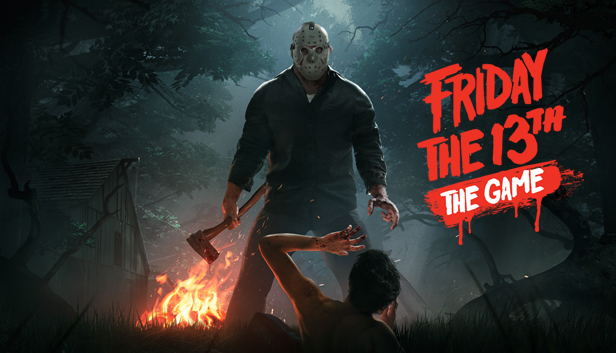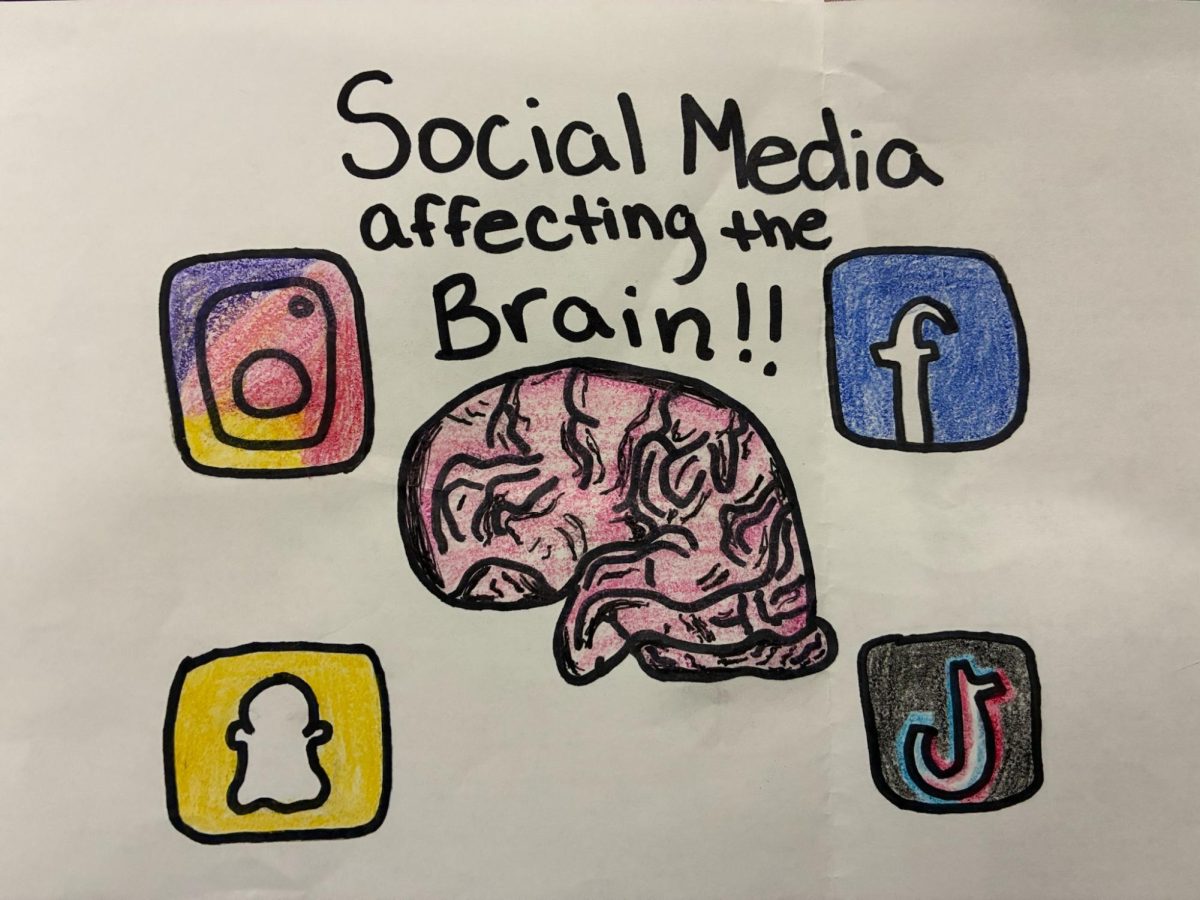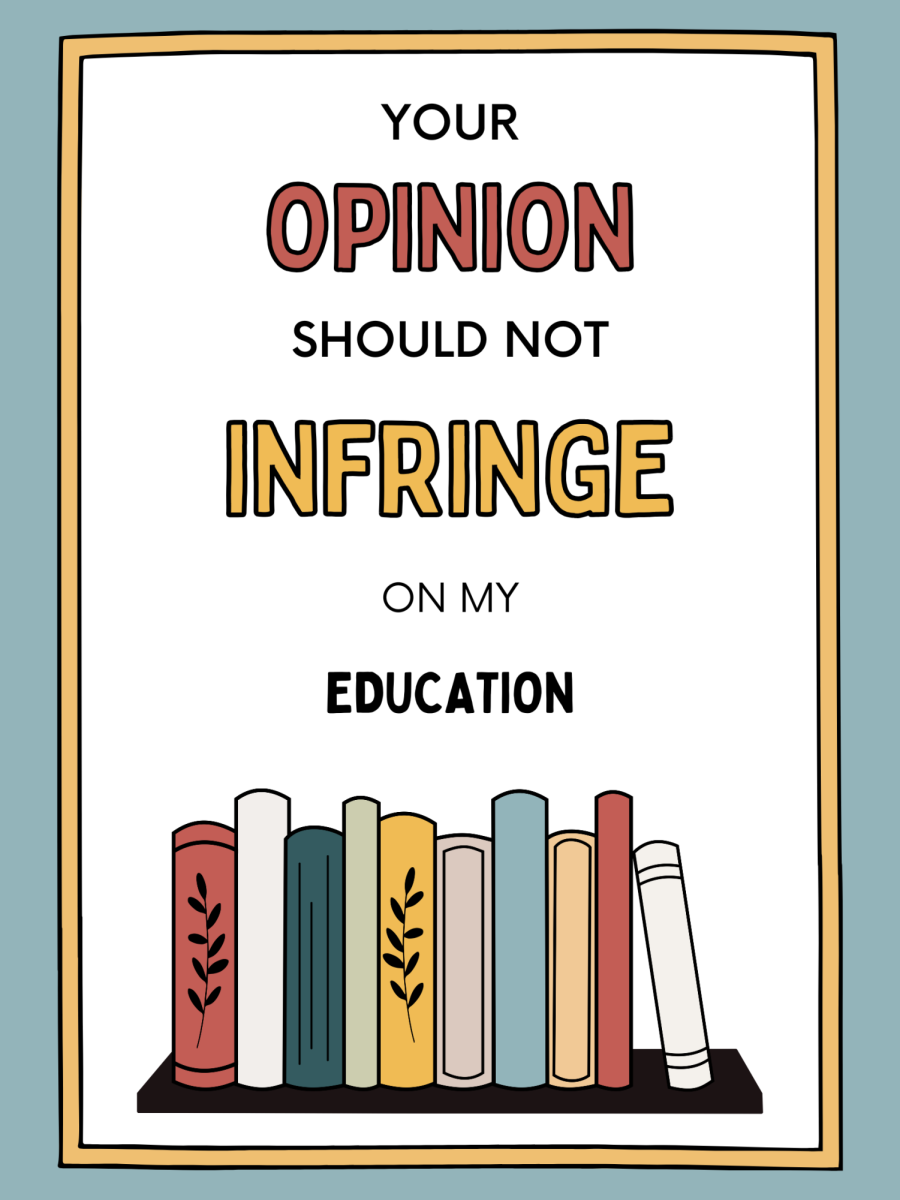Friday the 13th has come upon us yet again, and during the spookiest month of the year, of all times. Bad timing, am I right? Of course, at some point in the day, you may be thinking to yourself “Why exactly do we put so much attention to this twisted holiday?” Well, I’m glad you asked, we’re going back… back to the past!
Many people would point their fingers toward the iconic slasher film franchise, 1980’s Friday the 13th as the cause for the day’s popularity, which depicts a psychopath in a hockey mask going around a summer camp and killing teenagers. It wasn’t the first slasher, but it definitely was one of the most significant, especially in its impacts on pop culture. Now, let’s get this one out of the way first. No, the film didn’t exactly start the bad luck seen around this day. Instead, it can actually be traced back a lot farther than 1980, even to the earliest days of history.
Throughout history, the number twelve was viewed as a very lucky number, with the number thirteen being its opposite, unlucky counterpart. It is uncertain where the superstition came from, but many argue that it has biblical origins. The Last Supper hosted thirteen guests, including Jesus and twelve of his apostles on a Thursday night. The following Friday, after the supper, Jesus was crucified, which became one of the earliest correlations between Friday and the number thirteen. A similar story is told within Norse Mythology, where a supper of the twelve gods is interrupted by a thirteenth god, Loki, the God of Mischief (sadly not played by Tom Hiddleston).
So throughout history, specifically around the turn of the 19th century, people began to view the number thirteen as bad luck, similar to walking under a ladder or coming across a black cat on a walk. One way the public interpreted this was to never have dinners with thirteen people, not because it would obviously be very expensive, but to avoid any bad luck. Some people, however, didn’t see it this way. I mean, it’s just a number, right? So, members of the College of William & Mary formed “The Thirteen Club” in 1880. They held traditions of holding dinners on the thirteenth day of any month, booking the thirteenth room of a restaurant, and sitting thirteen people at the table. The club became very popular in those days and, by 1887, had accumulated over 400 members, including five US presidents, which included Chester Arthur, Benjamin Harrison, Grover Cleveland, William McKinley, and Theodore Roosevelt. Perhaps it really was bad luck for McKinley, am I right? This group’s denial of the superstition changed the general public’s view of parties for thirteen. But this obviously wouldn’t be the end of the thirteenth’s history.
In 1907, author Thomas William Lawson would pen the novel Friday, the Thirteenth, which told the story of a Wall Street stockbroker making a deal that would spell the end for Wall Street itself. The novel, when it was initially released, was a big success, selling more than 60,000 copies in its first month of sales. It was an entertaining story, but historically, would affect the Stock Market itself. Stockbrokers began a tradition where they wouldn’t make deals or sales on Friday the 13th, as to not bring on the same event as the book, being yet another case of fiction affecting reality.
Friday the 13th will probably never leave our minds as an unlucky day of the year. But some have also poked fun at the supposed bad luck it brought, specifically when related to the 80’s film series. Many of the movies in that franchise have been notorious for being terrible in quality. But regardless, let’s hope you, the reader, had fun taking a dive into some odd, but commonplace, history.








